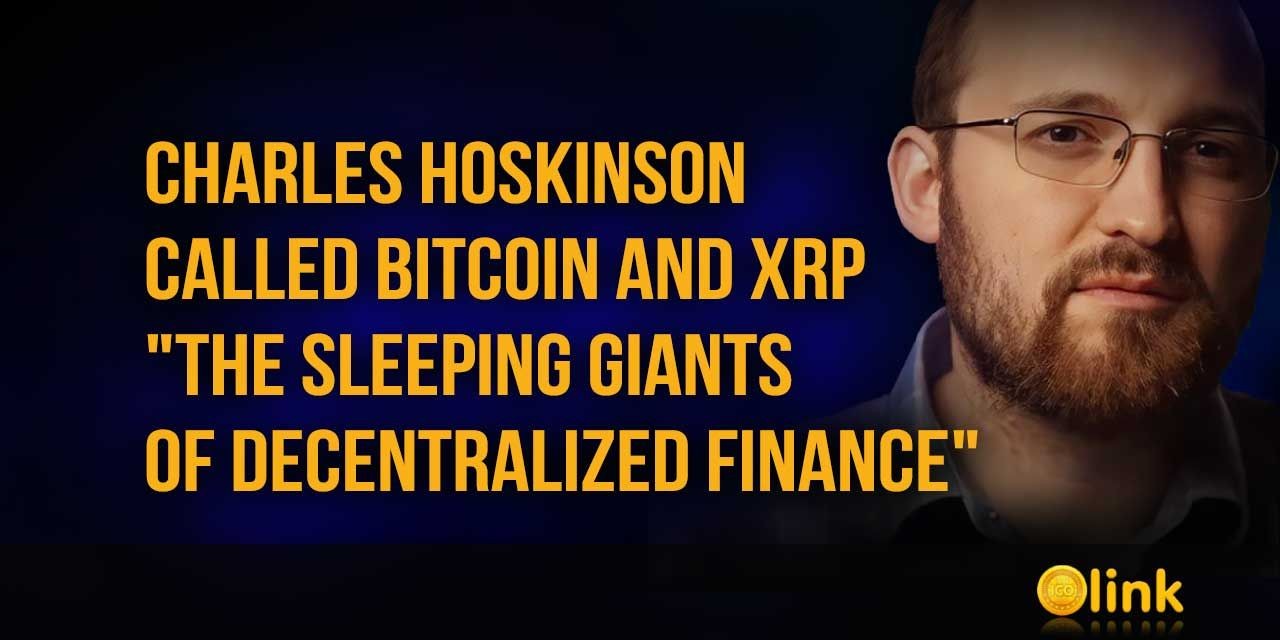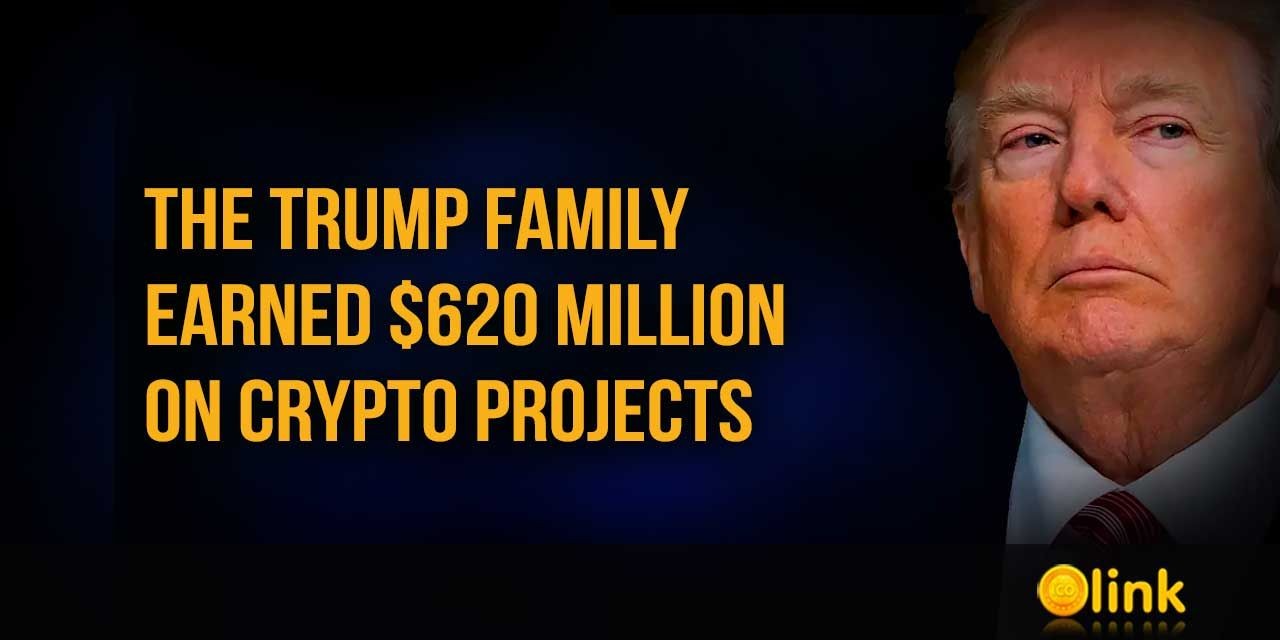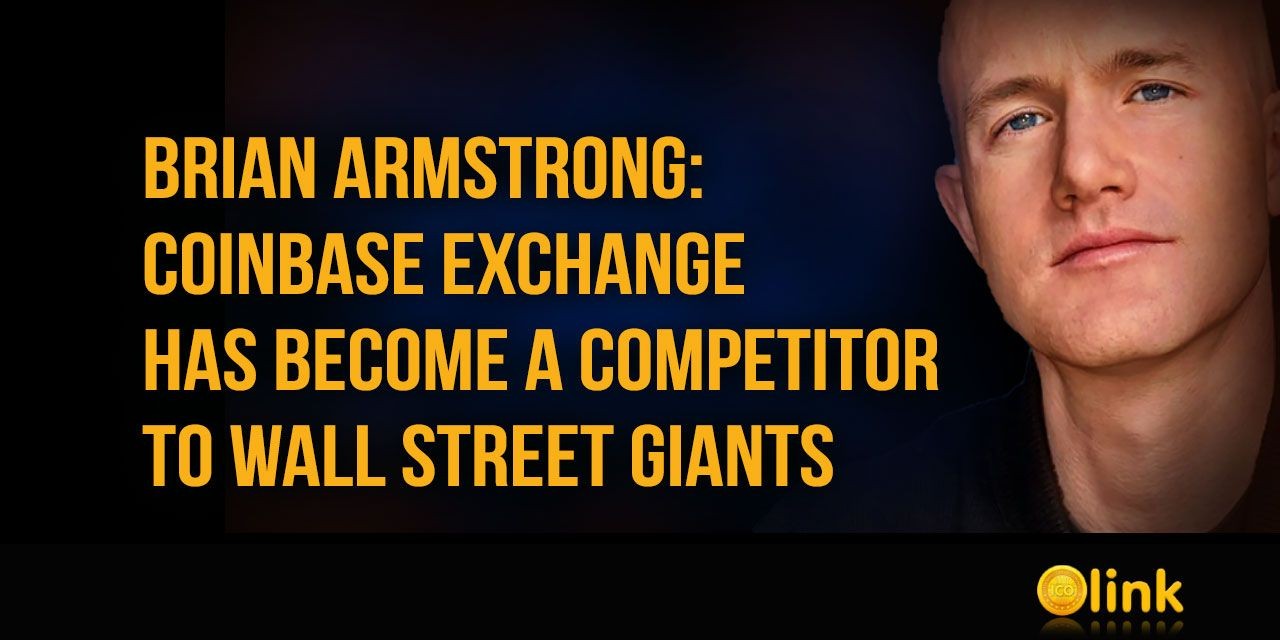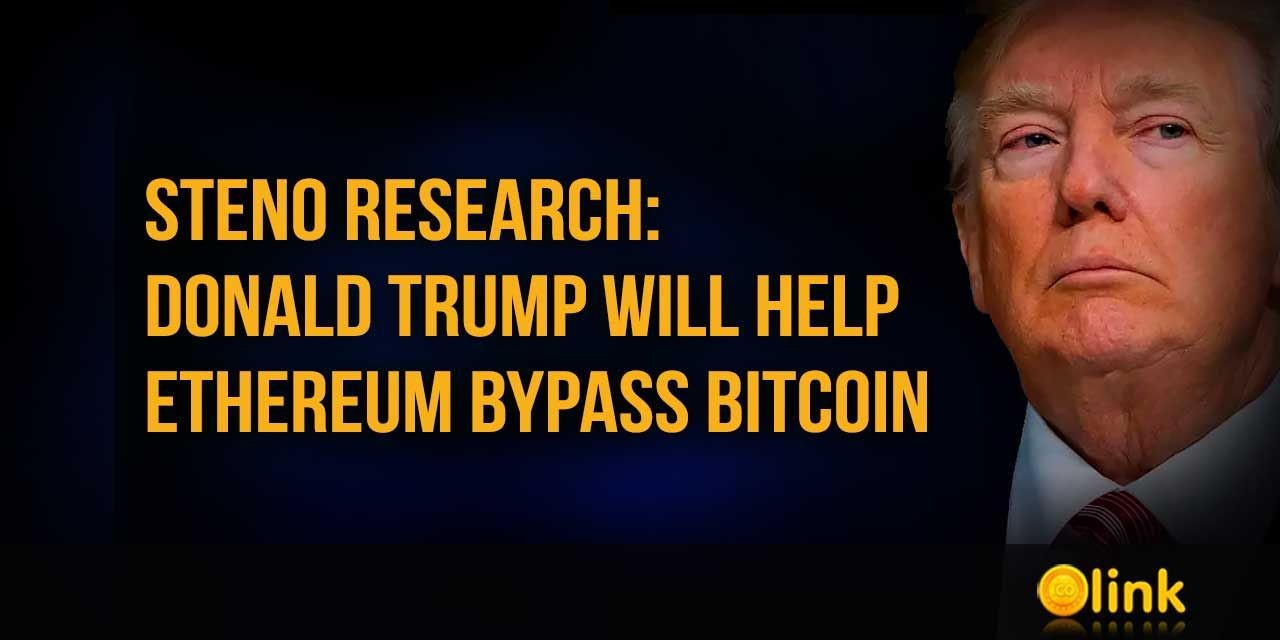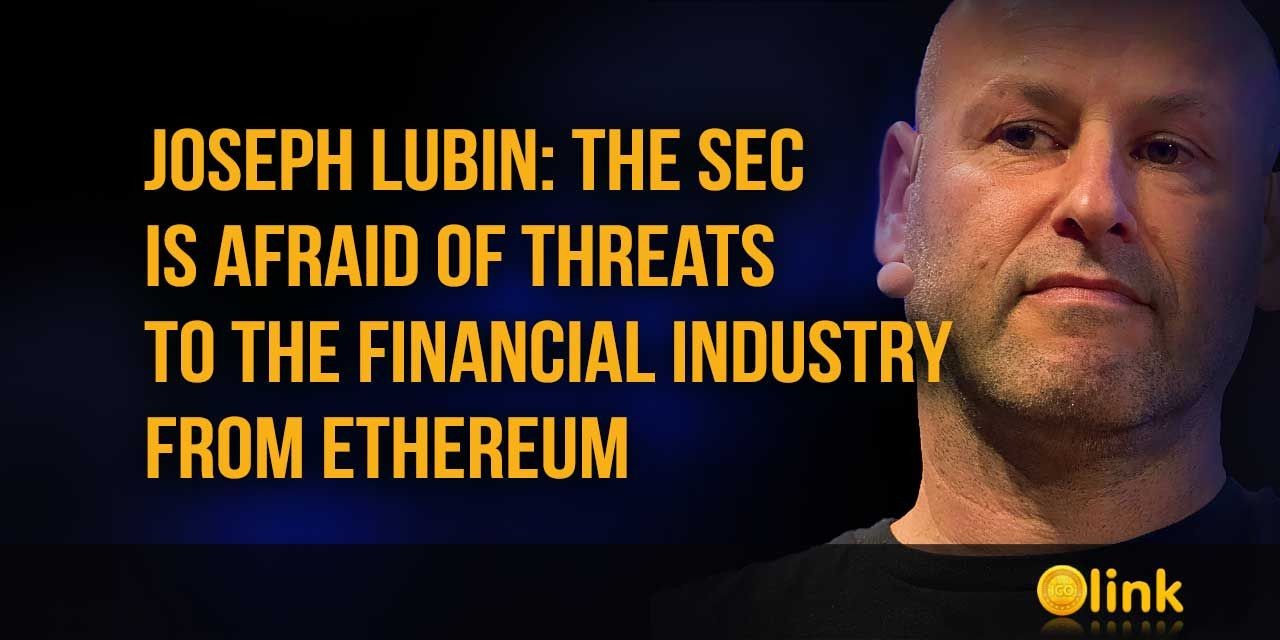defi
Here you will find all posts tagged defi
About defi ℹ️
DeFi, short for Decentralized Finance, refers to a rapidly growing sector within the cryptocurrency industry that aims to recreate traditional financial services using decentralized technologies such as blockchain. Unlike traditional finance, which relies on intermediaries like banks and financial institutions to facilitate transactions and manage assets, DeFi operates on decentralized networks, allowing users to access financial services directly without the need for intermediaries. Key components of DeFi include: Decentralized Exchanges (DEXs): These are platforms that allow users to trade cryptocurrencies directly with one another without the need for a central authority. DEXs use smart contracts to facilitate peer-to-peer trading, providing users with greater control over their funds and reducing the risk of censorship or manipulation. Decentralized Lending and Borrowing: DeFi platforms enable users to lend and borrow cryptocurrencies without relying on traditional financial intermediaries. Through smart contracts, users can secure loans using their cryptocurrency holdings as collateral, or earn interest by lending out their assets to borrowers. Yield Farming and Liquidity Mining: Yield farming involves staking or providing liquidity to DeFi protocols in exchange for rewards, such as additional tokens or a share of transaction fees. Liquidity mining incentivizes users to contribute liquidity to decentralized exchanges and other DeFi platforms, helping to bootstrap liquidity and drive adoption. Decentralized Stablecoins: Stablecoins are cryptocurrencies that are pegged to the value of fiat currencies or other assets to minimize price volatility. DeFi platforms offer decentralized stablecoins that are collateralized by other cryptocurrencies, providing users with a stable store of value and a medium of exchange within the DeFi ecosystem. Decentralized Asset Management: DeFi protocols enable users to automate investment strategies and manage their assets through smart contracts. These platforms offer services such as tokenized asset management, algorithmic trading, and automated portfolio rebalancing, allowing users to optimize their investment portfolios with minimal effort. Overall, DeFi represents a paradigm shift in the way financial services are accessed and delivered, offering greater accessibility, transparency, and innovation compared to traditional finance. While DeFi is still in its early stages, its rapid growth and development suggest that it has the potential to revolutionize the global financial system and democratize access to financial services for people around the world.
